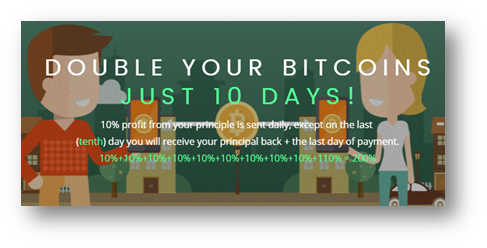Consumer Affairs Agency issues a warning against a cryptocurrency application that claims users can earn 30,000 yen a day
On May 17, Japan’s Consumer Affairs Agency (CAA) released documents and issued a warning against a business operator that solicits users by claiming they can earn 30,000 yen a day, just like playing a game, while making them hand over a great deal of money.
According to the CAA’s investigation, a company called CCS has placed advertisements such as “Tech Box—A Next-generation integrated application that lets users earn 30,000 yen a day, just like playing a game,†to attract consumers to its website. Tech Box is an application that alerts users with a chime or a flashing indication when price differences occur for a single cryptocurrency between exchanges. Explanations provided by the company seem to claim that users are sure to earn at least 30,000 yen a day by using the application for 15 minutes a day and trading cryptocurrencies in response to a chime or a flashing indication.
However, there is no such scheme in place that ensures users can earn a steady income, and CAA was unable to confirm the existence of a track record. In addition, Eisaku Mimami, who is said to be the company’s sales manager, is reported to be fictitious. While CCS’s representative announced its plan to discontinue business and closed the company’s website at the end of March 2019, its commercial registration is said to have remained active as of May 16, 2019.
Based on these facts, the CAA points out that the Internet is full of websites and videos that claim “Anyone can make money easily†and “You can earn several tens of thousands of yen a day in your free time.†There are also vendors who post falsified user experiences. The CAA warns that when consumers encounter these ads, their first reaction should be to doubt the contents in order not to be taken in by deceptive claims. In addition, the CAA encourages consumers to consult local consumer affairs centers and the police if they have any suspicions about transactions.
*This article was written by Fisco
